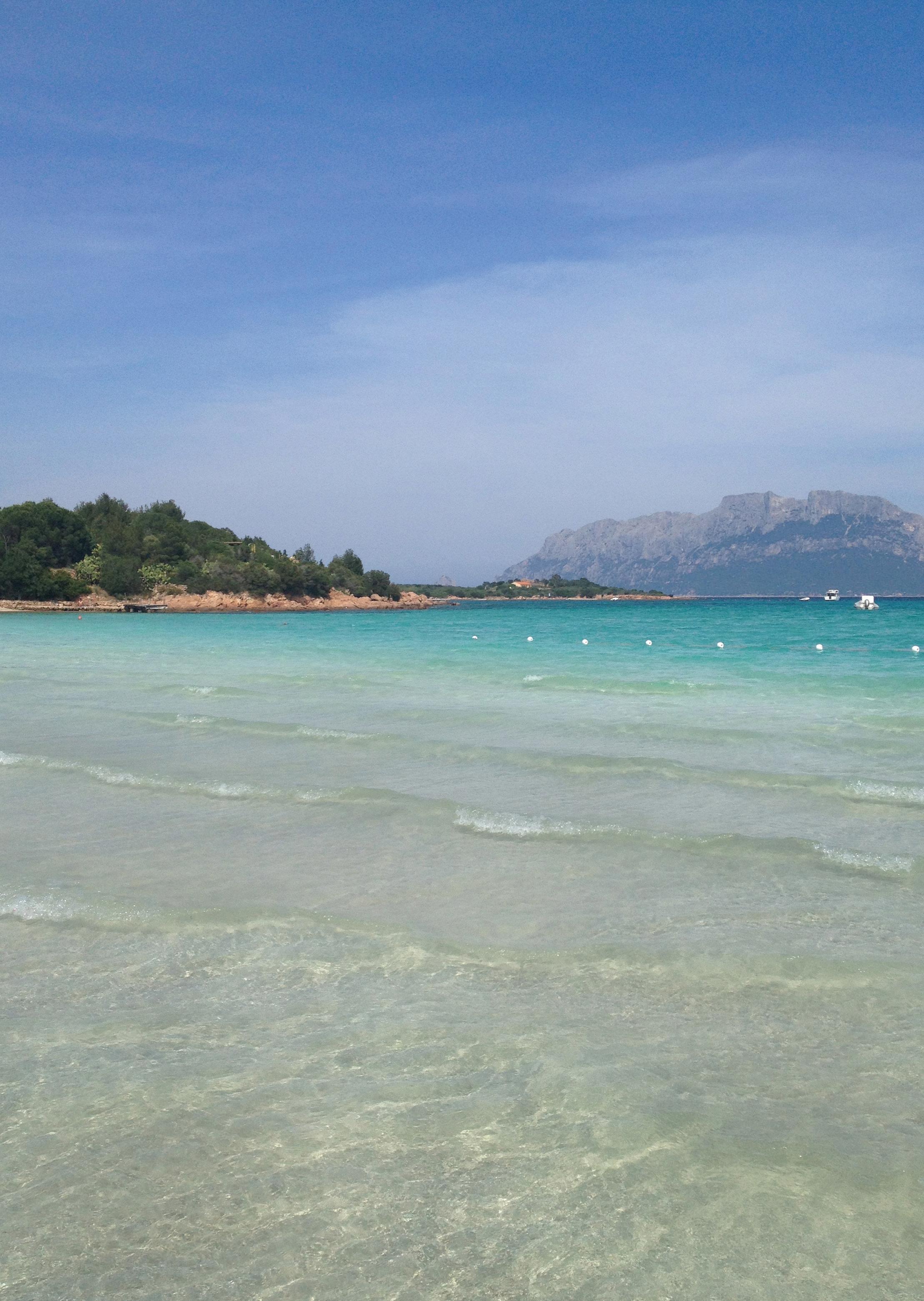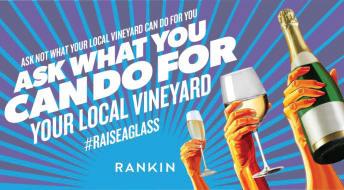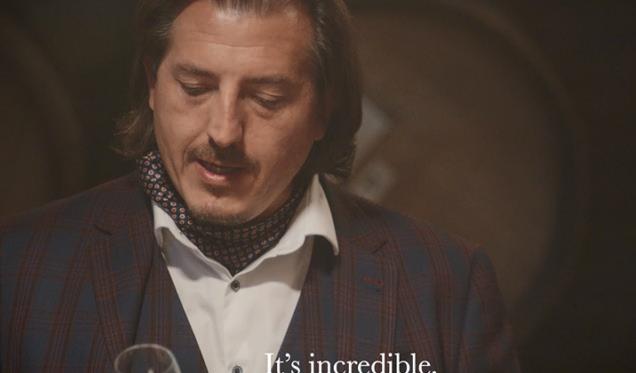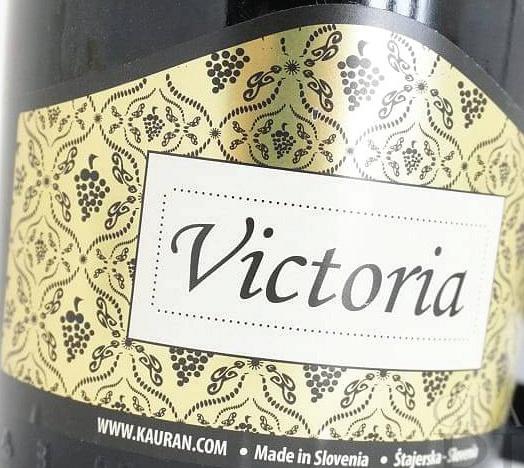
3 minute read
LIBERTE, EGALITE
Subhash Arora, a good friend of GlassofBubbly.com, is reporting on the recent news that a sparkling wine in France is to name itself as a Prosecco. Subhash is a passionate wine journalist and frequent guest to judge at wine awards internationally. He is president of the Indian Wine Academy website and is also a popular and helpful character to be found on social media – If you are passionate about wine then connect with him via
Advertisement
Facebook: https://www.facebook.com/subhash.arora.39
Many wine regions with unique sales manager for Fontenille estates, names concentrate much effort recognises it is illegal to call it Prosecco. to protect their ‘name’ from He says: “We have no right to call it being misused. This includes not only this legally, we know that. The aim is to guarding against the usage in the wine conjure up an atmosphere and a spirit.” sector, but also any other items such as foods products, health and beauty items and so on. Champagne usually gets much of the headlines on the subject of protecting their name as they are usually the most likely name to be misused, though it would appear Prosecco can also hit the headlines. The production lot is quite small, mostly for consumption by hotel clients. There will be only about 200 cases each of white and rosé each made. ‘The sparkling wine label is as much about drawing on Italian inspiration as diversifying production in a region where sparkling wines are not very common.
I could not take my eyes off the news The Les Impatients range, which is report from Vitisphere yesterday when I designed as an aperitif and for cocktails, read that the Luberon Estate owned by will supply Fontenille Hotels and the hotel chain ‘Domaine de Fontenille is restaurants as well as other stockists in proud to present Les Impatients, the first France and overseas, he says. The hotel Prosecco from Provence, 2019 vintage’. group has five properties in Hossegor, It was apparently a press release from Marseilles and Minorca in the South of the Luberon estate that also owns 40 France. hectares of vineyards, according to Vitisphere. For Joan Poillet, the aim of the range extension is to strengthen the brand and
Interestingly, the management has improve price points, particularly for rosé given it a serious thought before wines. “Over the past 10 to 15 years, launching the Prosecco Project Provence rosé has been increasingly based on their sparkling wine with no exported and promoted. Although geographical indication. Joan Poillet, consumer perception has evolved, few
consumers are aware that there are age-worthy rosés. It is still an occasiondriven wine. The best way to enhance the value of rosé is to associate it with other labels,” he says. As written in another article in delWine, the Consorzio of Prosecco DOC announced that Rosé Prosecco will be introduced from 2020 with a minimum of 85% Glera grapes and a maximum of 15% of Pinot Nero (Noir). The French Rosé version will have 60% Grenache and 40% Cinsault while the white will have 90% Rolle (Vermentino) and 10% Viognier-all local varieties. Les Impatients range has a recommended retail price of €14, higher than a majority of the Italian equivalent Prosecco DOC. It is possible to sell a Prosecco with one’s own label provided it is produced in the designated areas and packaged within the nine provinces in Veneto and Friuli Venezia Giulia for DOC wines. Italians strongly protect the Prosecco GI as it translates to a sale of over 600 million bottles a year. They have prosecuted or used other persuasive means to stop anyone labelling their bubbly as Prosecco, elsewhere in the world. Australia is the only country where they lost the legal bottle but are fighting tooth and nail through the government which is currently negotiating a Free Trade Agreement and has insisted that the producers change the label from Prosecco to something else. They say bad publicity can also at times be good publicity and profitable for a business. This seems to be the case with Luberon Estate which has decided to take the short route to court popularity by being controversial. This could prove costly to them if the EU stops them and also fines them for knowingly breaking the law for illegal business gains.










